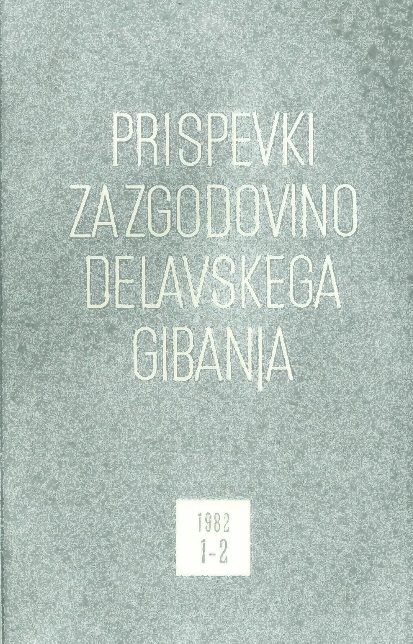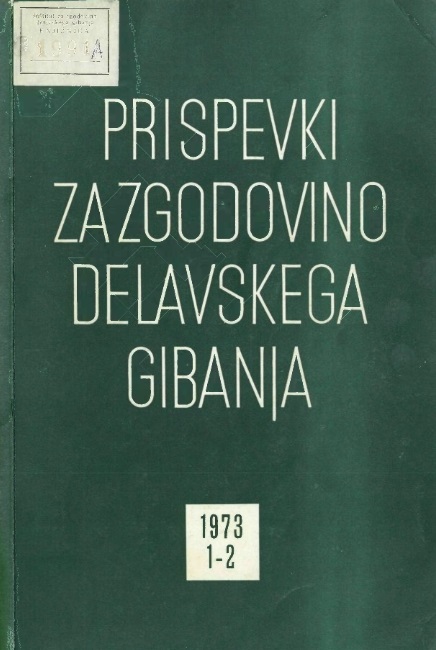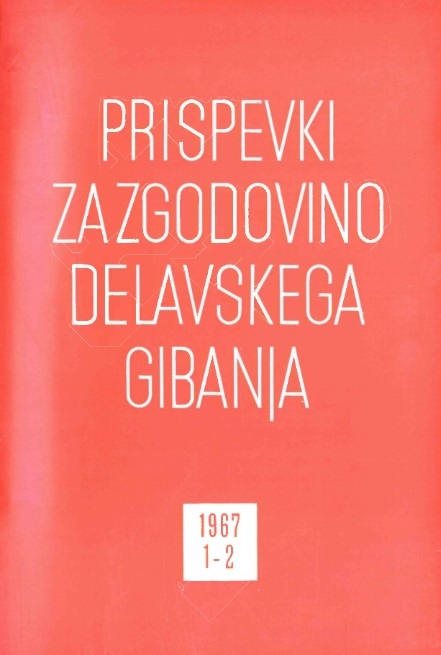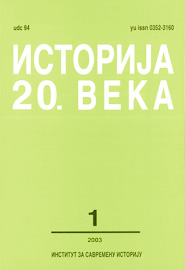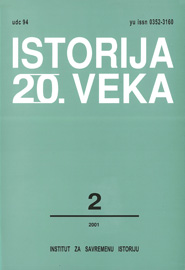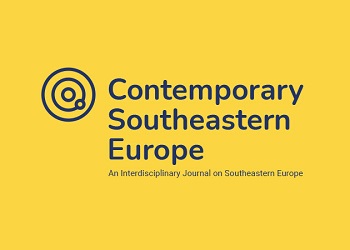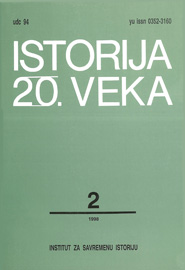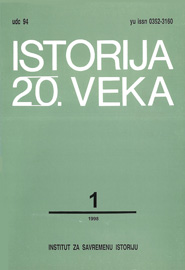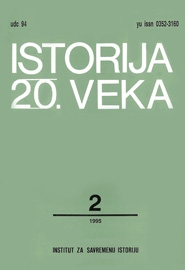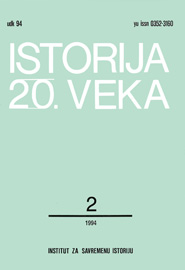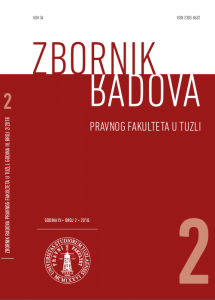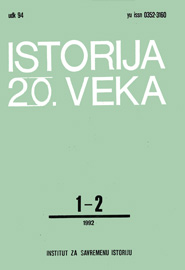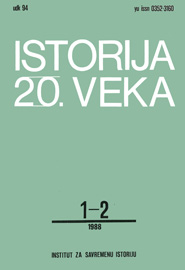Author(s): Branislav Gligorijević / Language(s): Serbian
Issue: 1+2/1988
Jedan omanji tekst od desetak stranica о položaju Albanaca u Jugoslaviji između dva rata, koji dr Horvat uvršćuje u svoju knjigu ,,Kosovsko pitanje”, ne zaslužuje pažnju upravo stoga što čitav problem sužava па postupke i teror vlasti prema Albancima. Svođenje istorije naroda koji su živeli na Kosovu, njihovog ekonomskog, društvenog i političkog razvoja, (ill nazadovanja) uglavnom, samo na zločine vlasti prema Albancima je nesto što je već viđeno kod nekih albanskih istoričara, u prvom redu dr Ali Hadrija, koga inače, dr Horvat nigde ne citira, a jedva navodi u spisku literature. Zašto je i on ovako postupio, saznajemo tek na kraju knjige. Odgovarajući na pitanje dr Petranovića —,,Da li znate za neki sličan primer, gde su pripadnici naroda bili izloženi takvom nasilju kao šlo je slučaj, u poslednje dve decenije, sa Srbima i Crnogorcima na Kosovu - dr Horvat odgovara: ,,Na svoju i našu, civilizacijsku sramotu, moram da kažem da sličan primjer znam. Primjer, je, na žalost, još mnogo gori. Radi se о pljački nasiljima i ubijanju Albanaca, uključivo žene, djece i stance, nakon osvajanja Kosova od strane srpske i crnogorske vojske. О tome je kao ratni dopisnik izvještavao poznati nam ruski socijalist Lav Trocki. О tome je pisao i naš domaći, srpski, socijalist Dimitrije Tucović. Postoje i drugi izvori. Nasilja su se nastavila i posle 1918. godine. Čitava sela su spaljivana. A šta je tek našim Albancima pripremio predratni Srpski kultumi klub i uvaženi akademik Vasa Ćubrilov u staroj Kraljevini, što je ona donekle i sprovela!” (179). Ovim rečima otkriva nam i ključ kosovske drame danas: ona je u zločinima i nasiljima nad Albancima u prošlosti. Njima se, na neki način, opravdavaju stradanja Srba i Crnogoraca na Kosovu, a u ovoj našoj uzavreloj, politizovanoj atmosferi u međunacionalnim odnosima, nеко će shvatiti i kao poziv na osvetu, ili pravdanje budućih nasilja nad Srbima, jer dugovi još nisn vraćeni, poravnjanja još nisu izvršena, pošto su primeri nasilja nad Albancima u prošlosti bili ,,još mnogo gori".
More...
